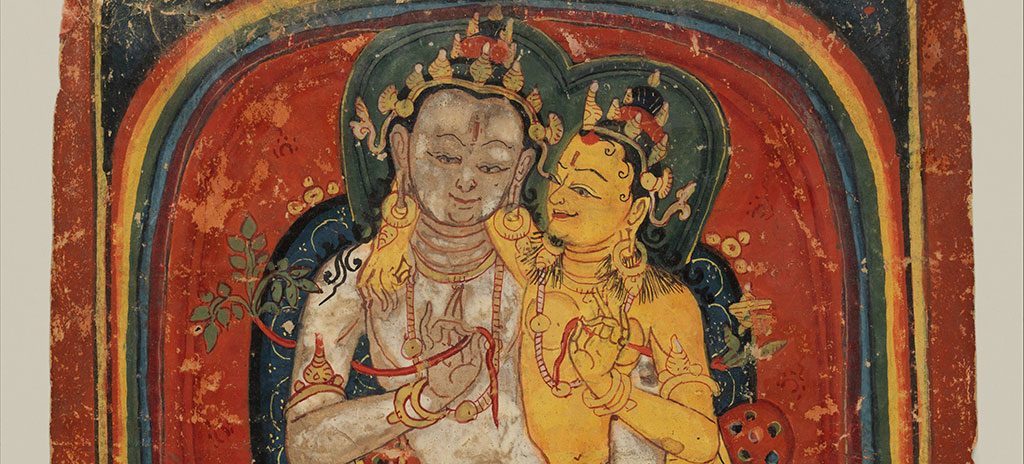Speaker: Ronald M. Davidson, Professor, Fairfield University
Date and time: October 26th, 2023, 5 p.m. PDT
Location: 3335 Dwinelle Hall
The ritual of initiation (abhiṣeka)—more correctly signifying lustration or invivification of an individual—is an essential feature of the esoteric Buddhist tradition, first adapted from the rites associated with royal coronation or ritual consecration. Abhiṣeka was employed as a gateway rite, perhaps since the late sixth or early seventh century, and over time developed extraordinary complexity, both in the country of its origin and its diaspora through Central and East Asia. Yet the circumstances of the inauguration and ritual development of abhiṣeka in India remain somewhat elusive, and further investigation might prove fruitful. Many of its social and ritual functions as executed appear quite far from the secretive one-on-one images portrayed in some of the esoteric texts, and we may pose questions about its transition from a consecratory ritual to a grand public ceremony. The presentation will outline some of the fundamental features of the Indian abhiṣeka ritual and suggest potential approaches to the functions of the ritual as seen in India and medieval Tibet.
Ronald M. Davidson is Professor of Religious Studies at Fairfield University. He received his degrees in Psychology, Sanskrit and Buddhist Studies at the University of California, Berkeley, working with Padmanabh Jaini, Frits Staal, Barend van Nooten, Lewis Lancaster and Michel Strickmann. Additionally, he worked with Tibetan intellectuals, especially Ngor Thartse Khanpo (Hiroshi Sonami), for seventeen years on Tibetan documents and ritual. His books include Indian Esoteric Buddhism: A Social History of the Tantric Movement (Columbia U.Pr 2002) and Tibetan Renaissance: Tantric Buddhism in the Rebirth of Tibetan Culture (Columbia U. Pr 2005). His current work is on dhāraṇī literature in Indian Buddhism, already published in a series of studies, and on pre-tantric elements of Indian religion that contributed to the formation of tantrism. He is completing a translation of the *Mūlamantra, the earliest Indian Buddhist pre-tantric work that brings together elements that eventually will become inscribed in tantric Buddhism, and is also working on the earliest tantric Buddhist documents, many of which only in Chinese or Tibetan translations.
Access Coordinator: Sanjyot Mehendale, buddhiststudies@berkeley.edu, 5106435104
Sponsor(s):Numata Center for Buddhist Studies, Glorisun Global Network for Buddhist Studies
Click here for the original event page.

